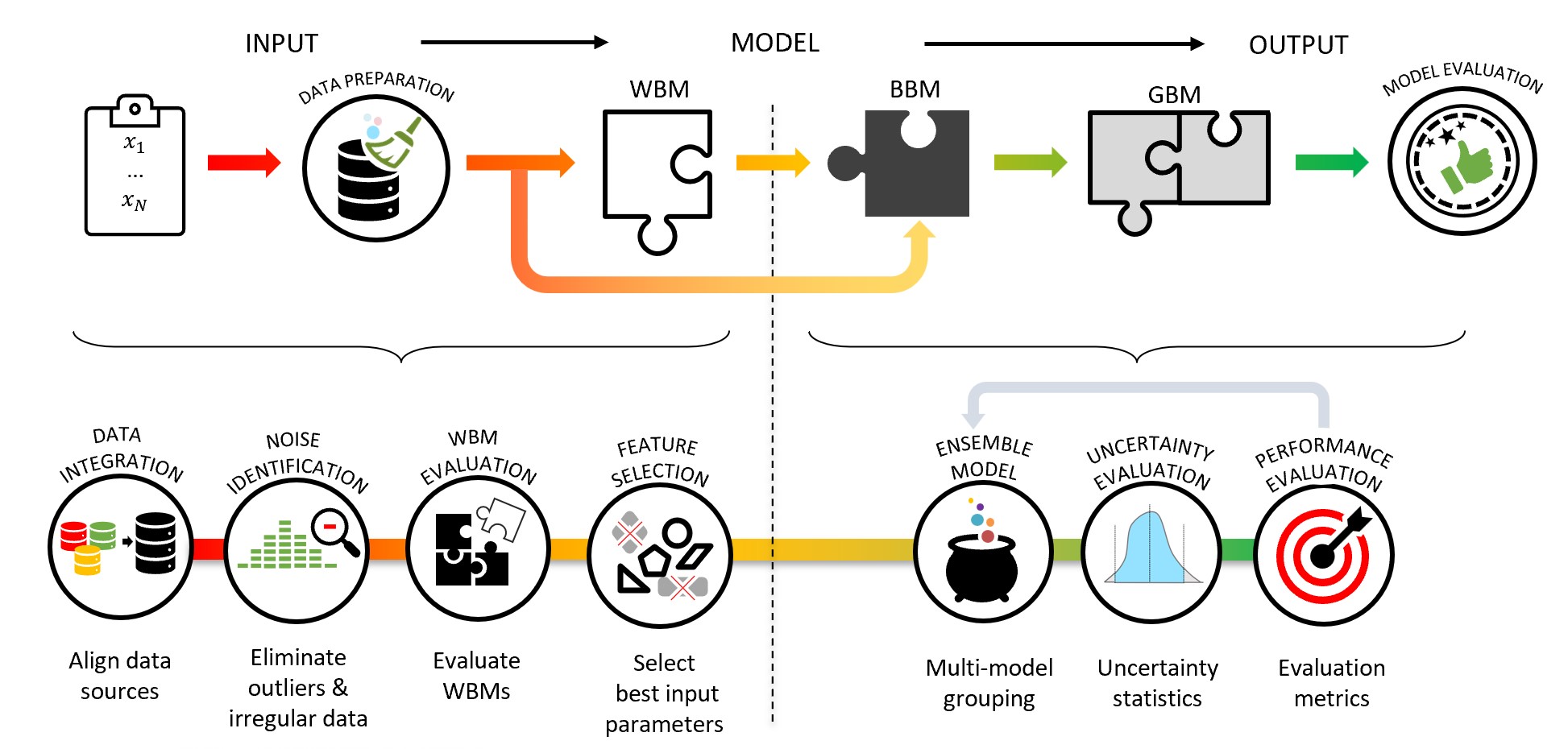Kirsten Odendaal used big data from existing ships when designing new ships to reduce their energy consumption and emissions. The result is a striking shift in design focus, according to the Maritime Designer Award jury, which elected Odendaal as this year’s winner.
The Maritime Designer Award was presented tonight (7 November) at the Maritime Awards Gala at De Doelen in Rotterdam. Over 700 maritime professionals celebrated the Dutch maritime industry’s innovative strength at this festive event.
Odendaal, currently working at MARIN as Project Manager Powering, conducted research with the TU Delft and Feadship on the use of data science to improve ship energy predictions. This submission explores a novel Grey-Box Modelling (GBM) methodology, which combines physics and data-driven modelling advantages to overcome the individual solutions’ apparent drawbacks.
This combination provides an innovative approach which can, when properly developed, increase model extrapolation, interpretability and accuracy. It can become a powerful tool for either explorative design or optimisation studies.
Odendaal’s method quickly leads to improvements in the design process of new ships. This research allows the design focus to shift from trial runs to actual use. ‘This can rightly be called a quick win,’ the jury said.

Other nominees
The other nominees for the Maritime Designer Award were:
- Jochem de Kwant MSc: demonstrated that iron powder can be used as a renewable fuel for shipping, thereby drastically reducing emissions.
- Arjan van Vliet: developed a gaming application to provide more insight into stability issues of ships.
The video below (in Dutch) covers all three nominees.
Also read: Lex Keuning takes home Maritime Designer Award for Magnus Rotor improvements
Maritime Designer Award
The Maritime Designer Award is intended for individual designers, PhD students, recent graduates and start-ups who feel that their work and approach deserve more attention and broader discussion. The award is aimed at the way in which a design, a subsystem of a ship or offshore vessel is realised. Eligible candidates include original or innovative approaches to design or tool development, possibly including demonstration.
The winner will receive a cash prize of €1000, made available by the Cooperating Maritime Foundations. The jury may also decide to make a sum of up to €24,000 available to the winner from these funds to financially stimulate and facilitate further development of the design method or solution concerned.
Also read: And the nominees for the Dutch Maritime Awards 2022 are…








